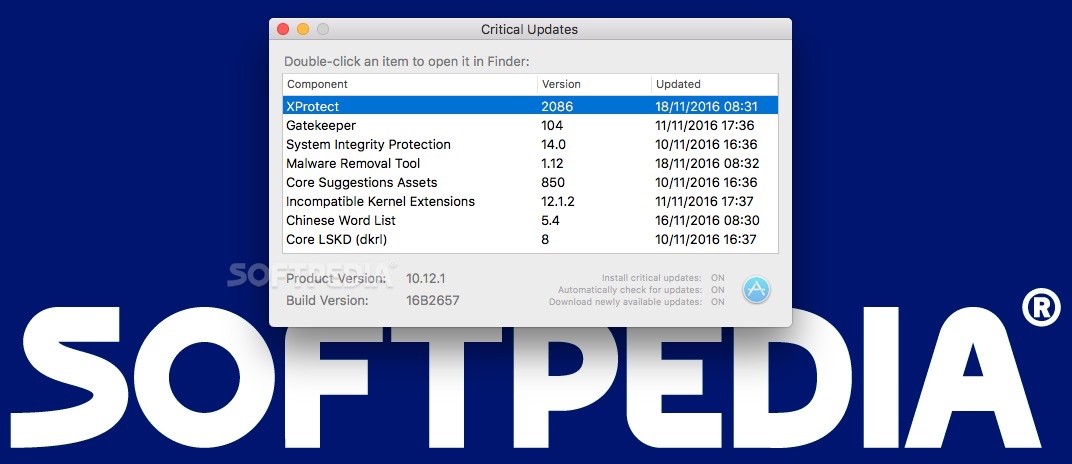

1, when you press these key combinations at once the current active app will be force closed. Using Keyboard shortcut: Command ⌘ + Option ⌥ + Escape + Shift.⚡️ Does it look familiar to Windows Task Manager.Ĭlick Option ⌥ and Right click on a app icon on docker and you should see "Force Quit" option to terminate that app. Using Activity Monitor is very easy: Select the process name or ID you wish to kill (unresponsive apps will usually appear as red), and hit the red “Quit Process” button. Keep in mind that if you click the Close button in the top-left corner of an app’s window, the window closes, but the app remains open (a small dot below the app’s icon in the Dock indicates that. For example, choose Preview > Quit Preview (or press the keyboard shortcut Command-Q). You can find it in /Applications/Utilities/ or open it from Spotlight with Command+Space and then type ‘Activity Monitor’ and the return key. To quit an app, choose App Name > Quit App in the menu bar. Double click on the Process Name and you would see a prompt - Click "Force Quit" Also you get beatification based on CPU, Memory, Energy, Disk and Network utilization. You can see stats of each process in detail - Process Name, %CPU utilization, CPU time, Threads, Idle Wake Ups, PID and User. It is also one of the most preferred way to force close an application though the User Interfaces available on macOS (and most powerful one) If the app doesn't quit, follow these steps to force the app to quit.

This will close the current application that you are working with. To quit (close) a Mac app normally, choose Quit from the app's menu in the menu bar, or press Command ()-Q. Click on the Apple logo on the top right side of your Menu bar and Select "Force Quit (App name)".


 0 kommentar(er)
0 kommentar(er)
